Kuga Australia Modern Slavery Policy
Kuga Electrical (Kuga) is an established Australian-based commercial solar EPC company with a presence in the Philippines as well. We specialize in delivering sustainable solar energy solutions to businesses, organizations, and communities, with a strong commitment to promoting clean energy and environmental responsibility.
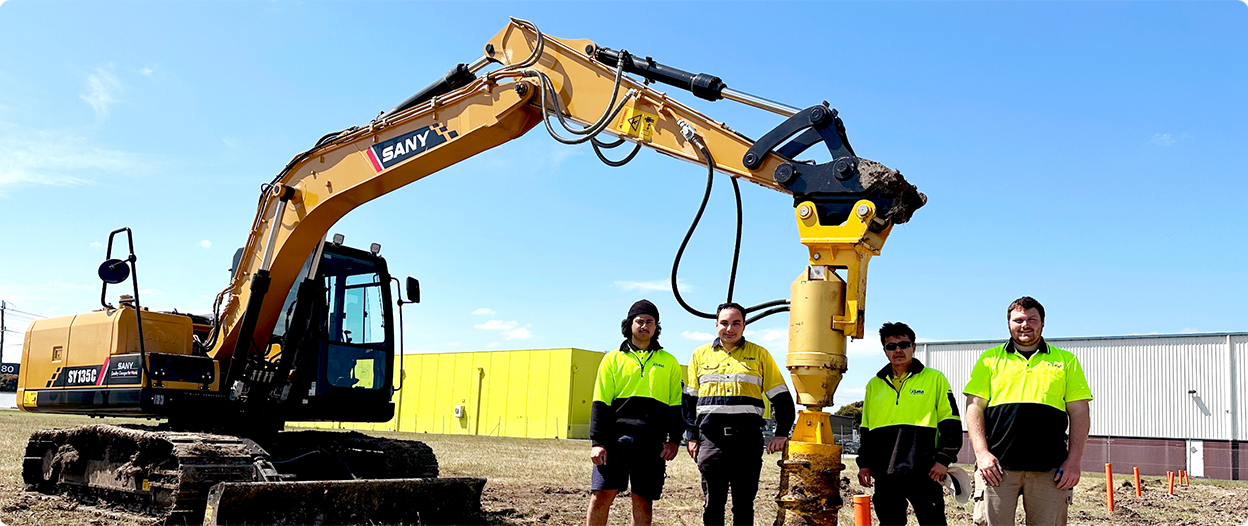
As a Clean Energy Council-accredited Solar retailer, and having taken the Clean Energy Council’s pledge against Modern Slavery, Kuga is dedicated to ensuring that all our suppliers and partners uphold ethical and sustainable practices.
In accordance with the Clean Energy Council’s Pledge against Modern Slavery, we at Kuga have pledged to:
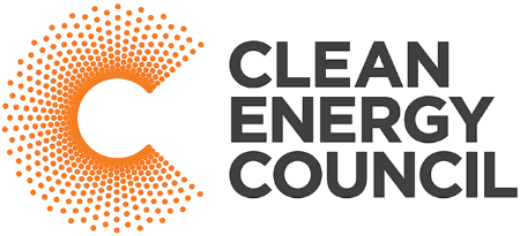
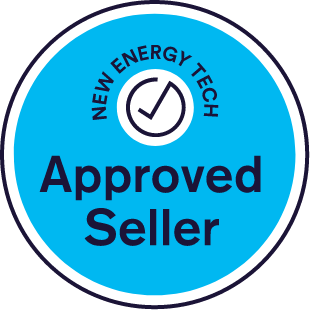
As a responsible and reputable business, Kuga is enhancing its practices and will align its procurement processes with manufacturers who can best demonstrate ethical sourcing.
In accordance with the Clean Energy Council’s Pledge against Modern Slavery, we at Kuga have pledged to:
As a responsible and reputable business, Kuga is enhancing its practices and will align its procurement processes with manufacturers who can best demonstrate ethical sourcing.


Purpose
This policy affirms our commitment to the Clean Energy Council Pledge, and our commitment to contribute to ending all forms of modern slavery. This policy outlines our approach to:
(a) reducing the risk of modern slavery practices within our supply chains and operations; and
(b) helping our customers understand modern slavery risks in our supply chains and provide them with information to assist them in making purchasing decisions.
This Policy also supports the intent of international conventions, treaties and protocols relevant to combatting modern slavery and the Modern Slavery Act (Cth) 2018.
Application
This policy applies to you if you are:
- involved in our business, including if you are an employee, director, officer, labour hire staff, contractor or other representative of our business; or
- a business in our supply chain (or their employee, director, officer, labour hire staff and contractor).
While this policy is not part of any contract you may have with us, you are expected to comply with it.
If you do not comply with this policy, depending on the nature of the non-compliance:
- we may end our business relationship with you if you are a supplier; or
- if you are an employee, you may face disciplinary action or dismissal.
As part of Kuga’s commitment to eliminating modern slavery, we will seek to implement contractual provisions regarding modern slavery in situations involving higher risks of modern slavery, or where there have been instances or allegations of human rights abuses.
At this stage, Kuga is committed to working with stakeholders and suppliers to establish visibility over supply chains and a reporting framework in relation to modern slavery. Kuga understands that, as part of this process, risks and actual instances of modern slavery may be uncovered.
Kuga understands that taking a ‘zero tolerance approach’ can do more harm than good to victims of modern slavery, and instead will, where possible, take this into account in determining what actions to take in the event that modern slavery activities are reported in our supply chains.
What is modern slavery?
Modern slavery is depriving a person of freedom for commercial gain and in violation of fundamental human rights.
It describes situations where offenders use coercion, threats or deception to exploit victims and undermine their freedom. Modern slavery involves serious exploitation. Not all instances of sub-standard working conditions or the underpayment of workers may constitute modern slavery, however, they can increase the risk of modern slavery and may be unlawful for other reasons.
Modern slavery can take many forms including:
- Slavery – owning a person, trading in slaves or financing slave trading (ie, human trafficking);
- Forced labour – forcing a person to work by coercion or threats;
- Forced marriage – a marriage without free and full consent – eg, due to lack of understanding or duress/coercion;
- Debt bondage – a person works to pay off a large debt, for an unlimited time or where the value of the work is not applied to the debt;
- Deceptive recruiting – a recruiter charges a fee for the job offer, confiscates identity documents, deceives a person about personal freedom or their ability to leave the job;
- Child labour – not always unlawful but not tolerated by us when it involves exploiting children, depriving them of education, and/or making them work in unsafe working environments.
Modern slavery can be complex and multi-faceted and can be difficult to spot.
Modern slavery is only used to describe serious exploitation. It does not include practices like substandard working conditions or underpayment of workers. However, these practices are also illegal and harmful and may be indicators of other compliance issues which may amount collectively to modern slavery. These practices may also escalate into modern slavery if not addressed.
What are indicators of modern slavery practices?
Modern slavery indicators may include where a person:
- is not in possession of their own passport, ID or travel documents;
- is acting as though they are being instructed or coached by someone else;
- allows others to speak for them when spoken to directly;
- is dropped off and collected from work;
- is withdrawn or appears frightened or have physical indicators of slavery, such as injuries;
- is unable to contact friends or family freely;
- has limited social interaction or contact with people outside their immediate environment;
- story contains obvious errors;
- acts with hostility or has difficulty in concentrating due to trauma;
- has few possessions;
- has little or no control over their finances or no access to a bank account, or they are being significantly overcharged for their accommodation;
and - is living in a very poorly maintained and overcrowded place.
These indicators are not exhaustive and do not necessarily mean there are modern slavery practices occurring. Sometimes there may be other reasons or circumstances that indicate that something is not right.
Why do we want to limit the risks of modern slavery practices?
Limiting modern slavery practices makes good business sense, protecting our workers and our reputation. It also supports us in assessing and addressing modern slavery risks.
Key risks of modern slavery in our supply chains
As an importer, distributor and installer of solar panels in the Australian market, Kuga is aware of the reports by media and NGOs in recent years regarding allegations of forced labour within the global solar supply chain.
In particular, we are aware of the Clean Energy Council’s White Paper: Addressing Modern Slavery in the Clean Energy Sector and Sheffield Hallam University Helena Kennedy Centre for International Justice’s Report: In Broad Daylight: Uyghur Forced Labour and Global Solar Supply Chains.
As such, we are aware that there is a very real risk that all solar supply chains may involve forced labour. This risk arises as the Xinjiang Uyghur Autonomous Region (Xinjiang) of China is the source of approximately 40-45% of the world’s solar-grade polysilicon, a key component of 95% of solar modules. As reported in the CEC’s White Paper, in this region “approximately 2.6 million Uyghur and Kazakh citizens are alleged to be subjected to “surplus labour” programs and face significant coercion, re-education programs and internment. There are concerns that many workers in these programs are unable to refuse such work or are ultimately unable to leave these jobs.” We are also aware that China vehemently denies these allegations.
Notwithstanding this denial, as acknowledged by the CEC, significant risk persists that any solar cell manufactured in Xinjiang, or incorporating polysilicon manufactured in the region, is implicated in forced labour.
What Steps do We Take?
In the global solar industry, we are a relatively small player, which impacts on the commercial leverage we are able to exert. However, we have taken steps to try and address the risks in our supply chain and raise awareness of the issue with suppliers in China.
In particular:
- We maintain a full-time staff presence in China. Specifically, in response to modern slavery concerns, we have a Procurement Manager in China who serves as an Audit Officer.
- Our Managing Director frequently visits manufacturers in China to gain a deeper understanding and oversight of product quality, procurement sources, and the supply chain.
- Our management team has held discussions with senior leadership from three of the top 10 solar panel manufacturers in China to discuss the forced labour issue, and emphasizing the need for additional evidence to assure customers and Kuga that all materials are responsibly and ethically sourced.
- We are also raising awareness among our suppliers in relation to modern slavery and why they are being asked questions regarding forced labour in connection with their products.
- We actively engage with industry stakeholders and participate in initiatives aimed at addressing modern slavery risks, recognizing that the transition to a clean energy future necessitates ethical and sustainable practices while addressing modern slavery concerns.
Kuga is currently working with some suppliers and supply chains to procure fully traceable solar cells and panels for customers who are prepared to pay higher costs. At Kuga, we believe it is important for all members of the supply chain, including end customers, to contribute to the eradication of modern slavery, including by being prepared to pay fair prices and recognise that it is often inappropriate to place the regulatory and financial burden of compliance on entities far down the supply chain. Once established we believe such supply chains should be the industry standard.
As such, whilst many larger entities are aware of the issue already, we will also work to educate clients in respect of the modern slavery risks associated with solar panels, and what options they have to address those risks. It is often overlooked that, whilst there are higher incidences of modern slavery in so-called developing countries, the economic factors that drive modern slavery often relate to business practices in the countries importing and using the products made with that labour, and the driving down of costs.
Key risks of modern slavery in our operations
Our operations are largely located in Australia, which the Global Slavery Index has identified as having the lowest vulnerability to modern slavery, and the second lowest prevalence of modern slavery, in the Asia Pacific region.
However, Australia is not free of modern slavery. The Global Slavery Index also outlines that:
- agriculture, construction, domestic work, meat processing, cleaning, hospitality, and food services are the industries in which forced labour predominantly occurs in Australia;
- a key structural risk factor in Australia is in relation to migrant workers, as reliance on employers who sponsor migrants’ temporary visas can expose them to greater risks of modern slavery and exploitation; and
- “rogue” labour hire companies can be involved in exploiting vulnerable workers.
Our operations are not in an industry identified by the Global Slavery Index as being an industry with a risk of modern slavery in Australia, however we may nevertheless have risk exposure in relation to vulnerable workers, immigrants and/or workers in low-skill positions or in casualised or insecure forms of work, particularly when using labour hire agencies or contract cleaning.
Noting the identified risks in our supply chains, Kuga is focusing its efforts on supply chain due diligence, however we will also be reviewing our policies and procedures regarding the engagement of recruitment and labour-hire agencies as these are likely to be the key risk areas in our operations.
What steps are we looking at taking?
We are working towards:
- Establishing a grievance mechanism that enables workers and stakeholders to report any violations;
- Holding quarterly meetings with suppliers are to combat modern slavery;
- Requiring suppliers to commit to this policy;
- Checking suppliers’ Codes of Conduct, conducting regular audits, and monitoring their performance in relation to modern slavery risks;
- Undertaking training across our organisation in relation to Modern Slavery.
We will endeavour to:
- identify and address modern slavery risks in our business operations and supply chains; and
- take steps to raise awareness of modern slavery risks, including by having this policy.
Where appropriate, as informed by the risk assessment, Kuga Electrical will engage directly with new and existing suppliers to gain a proper understanding of the measures they have in place to ensure that modern slavery is not occurring within their own businesses or their supply chains.
We will also work at updating contractual documentation to incorporate specific prohibitions against slavery or servitude, the use of forced, compulsory or trafficked labour, and the use of child labour in line with this policy. Such provisions will require contracted suppliers to hold their own suppliers to the same standards.
What are your responsibilities?
You must take all reasonable steps to ensure our business and supply chain is free of modern slavery practices.
However senior you are, and regardless of your business relationship with us, you must pay close attention to the high-risk areas identified in this Policy, particularly supply chain and outsourcing in jurisdictions without adequate safeguards.
Some areas of the business are likely to have more exposure than others, including procurement and sourcing, human resources, finance, risk, sustainability, projects, legal and leadership.
Examples of responsibilities for the procurement and sourcing employees include:
- conducting modern slavery specific due diligence into new and existing suppliers,
- monitoring mention of companies in our supply chains and whether they have been named or identified by an NGO in connection with modern slavery and forced labour;
- identifying suppliers which may require contractual terms specifically addressing risks of modern slavery and forced labour.
Examples of responsibilities for the HR team include:
- Ensuring all employees receive their entitlements under Australian laws;
- Leading by example by making appropriate checks on all employees, labour hire agencies and recruitment agencies etc to ensure we know who is working for us;
- Handling employee complaints and concerns;
- Assisting with education in relation to the issue.
Examples of responsibilities of all employees include:
- participating in training in relation to modern slavery, including in this policy;
- remaining alert to indicators of slavery (see above);
- obeying our instructions regarding modern slavery; and
- undertaking due diligence in relation to new suppliers and partners.
Examples of responsibilities of suppliers include:
- participating in audits of your supply chains on reasonable request by Kuga;
- taking steps to assess and address risks of modern slavery in your supply chains and operations;
- working with us to develop supply chain transparency and providing evidence in respect of product origin when requested.
Turning a blind eye is unacceptable and if you reasonably suspect there may be modern slavery or practices that may constitute a high risk of modern slavery, you should report it under this policy.
How do I report slavery concerns?
If you have a reasonably held suspicion of modern slavery practices in our operations or supply chains, discuss your concerns with the Procurement Team who will decide a course of action and provide any further advice.
If employees become aware of immediate danger involving persons located in Australia, call the police. Do not attempt to deal with a situation on your own, as dangerous criminals can be behind modern slavery and human trafficking.
In addition to ensuring your own safety, sometimes reporting a suspected trafficking case puts the potential victim at risk, so it is important that unless there is immediate danger, you discuss your concerns first with the Procurement Team, before taking any further action.
Keep your eyes and ears open — your awareness and actions may stop someone from being exploited or abused.
Other applicable policies
Kuga will be updating the following policies and procedures to address and reduce the risk of modern slavery in Kuga’s operations and supply chains:
1. Whistle blower Policy.
2. Grievance Handling Policy.
3. Code of Conduct.
The updated policies will be available on our KUGA CRM systems. If you have any questions regarding the policies, please contact the HR Team.
Who is responsible for this policy?
Our board of directors are responsible for this policy and will review reports of material slavery concerns.
The policy may be amended, replaced or removed and the current version can be found here: Modern Slavery Policy
4 Bridge Road, Keysborough, VIC 3173
6 Turbo Road, Kings Park, NSW 2148
31 Chetwynd St, Loganholme, QLD 4129
402-A.1 ICITE Bldg, Eastwood, 1110
COMPANY

LOCATIONS

SERVICES

QUICK LINKS

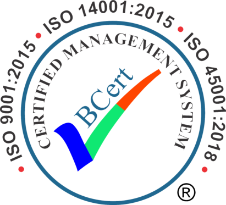
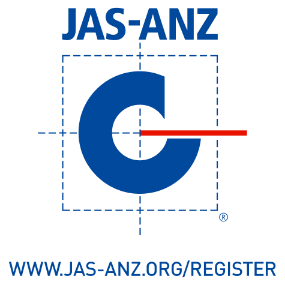

Licence numbers:
VIC REC 27103
NSW REC 318148C
QLD REC 88831
TAS REC 784865990
ACT REC 20211556
Privacy policy | Copyright © Kuga Electrical 2023.
All rights reserved. ABN 39 616 409 584
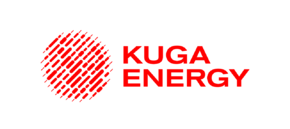


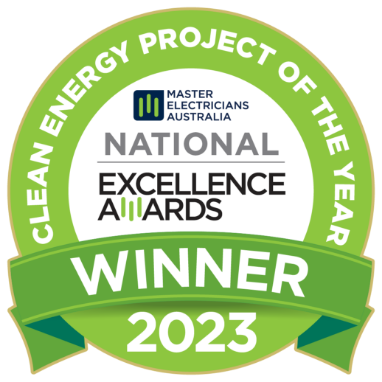
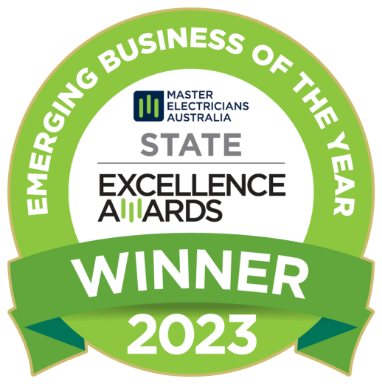









 Get Quote
Get Quote Call Now
Call Now